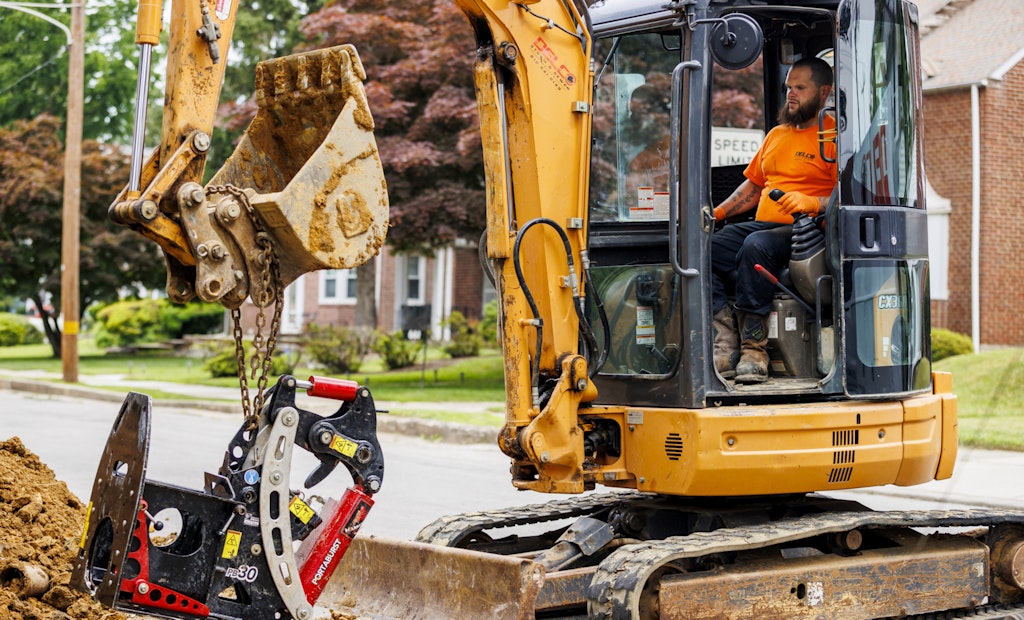Writing a Request for Proposals (RFP) response is a crucial step for construction-related contractors in securing new projects.
An RFP is a document issued by a business or organization asking for a detailed proposal from potential contractors for a specific project. For...






